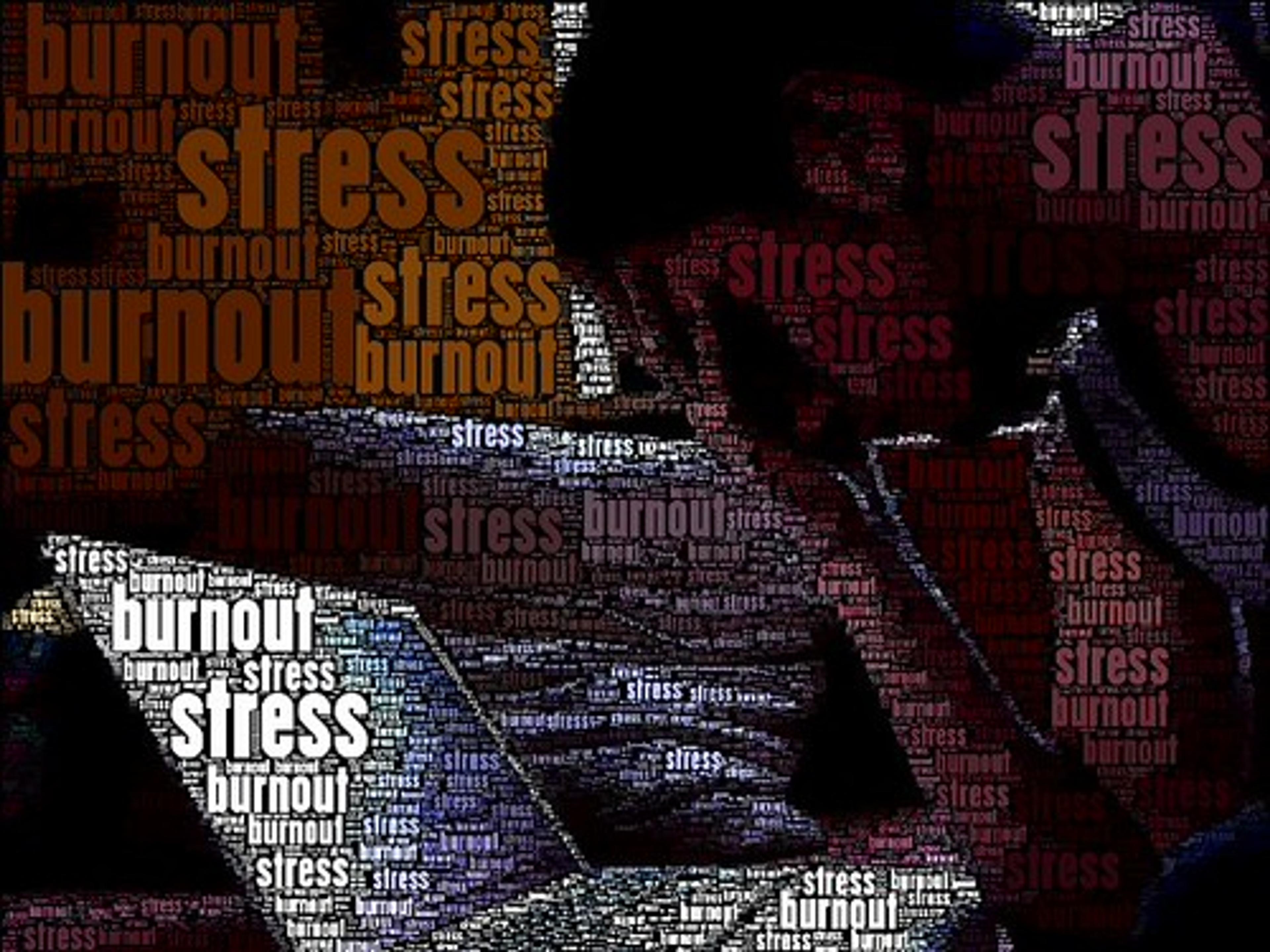Stress getting the best of you? Try these stress-relieving techniques

Niccole LaDue
| 3 min read

S t r e s s. The word alone is irritating. Everyone has stress, but some people seem to manage it better than others. It’s important to understand and regularly practice stress management techniques to effectively control your stress levels and avoid serious health complications.
Stress is defined by the National Institute of Mental Health as the brain’s response to a demand. In most cases, the demand is a result of change. The change can be positive or negative, real or perceived, short-term, long-term or reoccurring. Change can be mild and relatively harmless, such as riding an amusement park ride or winning a race, or extreme such as being exposed to a traumatic event.
A common misconception about stress is that it is bad and harmful to our health. The truth is stress can actually be beneficial in some circumstances. Acute, or short-term, stress can be motivating and increase productivity. It can also help you act quickly to get out of a dangerous or life-threatening situation.
However, chronic, or long-term, stress can result in negative health effects such as digestive and weight problems, mood disorders and susceptibility to infections due to a weaken immune system.
It’s important to take a look at your life and assess your stress levels. Ask yourself what stresses you out? Is this something you can control or is it out of your hands? What can you do to control the stress you’re experiencing? Consider giving these stress management techniques a try:
Top 10 Stress Management Techniques from Santa Clara University:
- Organize yourself. Take better control of the way you’re spending your time and energy, so you can handle stress more effectively.
- Control your environment by controlling who and what is surrounding you. In this way, you can either get rid of stress or get support for yourself.
- Love yourself by giving yourself positive feedback. Remember, you are a unique individual who is doing the best you can.
- Reward yourself by planning leisure activities into your life. It really helps to have something to look forward to.
- Exercise your body. Your health and productivity depend on your body’s ability to bring oxygen and food to its cells.
- Relax by taking your mind off stress and concentrating on breathing and positive thoughts. Dreaming counts, along with meditation, progressive relaxation, exercise, listening to relaxing music, communicating with friends and loved ones, journaling, etc.
- Rest as regularly as possible. Aim for 7-8 hours of sleep a night. Unplug at night. Try to stay off smart phones, computers, and tablets. A general rule of thumb, take a 10 minute break every hour. Rest your eyes as well as your mind.
- Be aware of yourself. Be aware of distress signals such as insomnia, headaches, anxiety, upset stomach, lack of concentration, colds/flu, excessive tiredness, etc. Remember, these can be signs of potentially more serious disorders (i.e., ulcers, hypertension, heart disease).
- Feed yourself; do not poison your body. One of my favorite quotes sums up this point quite nicely, “The food you eat can either be the safest and most powerful form of medicine or the slowest form of poison.” -Ann Wigmore
- Enjoy yourself! It has been shown that happier people tend to live longer, have less physical problems and are more productive. Look for the humor in life when things don’t make sense. Remember, you are very special and deserve only the best treatment from yourself.
If you’re interested in mindful meditation techniques click here for free guided meditations provided by UCLA’s Mindful Awareness Research Center.
Photo credit: Hangout Lifestyle





